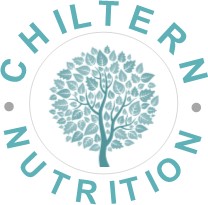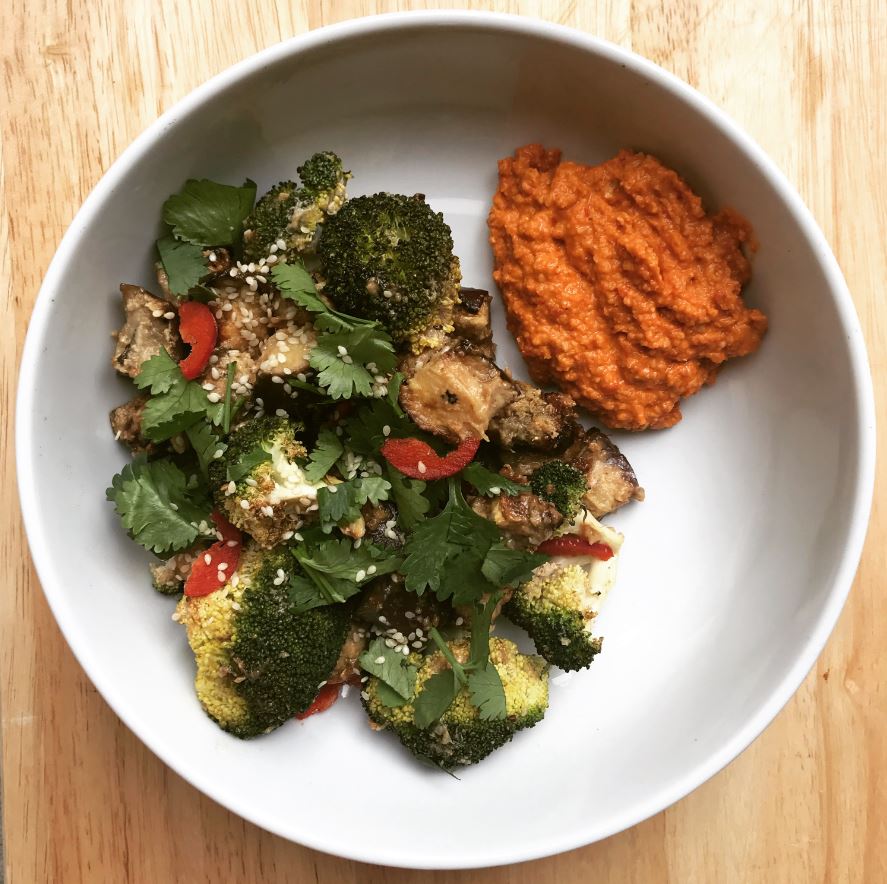World Vegan Month
World Vegan Month
This month is World Vegan Month. Veganism as a lifestyle choice has definitely been on the rise in recent years, with statistics suggesting that around 3.5 million people in the UK describe themselves as vegan, up from about 540000 just two years ago. But what is a vegan diet? Why would you consider going vegan? Is it healthy?
A vegan diet is one where a person consumes no animal or animal product. That obviously includes meat and fish, but also eggs, dairy and honey. There are also animal by products used in the processing of many foods, including food colourings (derived from insects in some cases), sugar refining and wine production.
Whilst it would have been considered a very alternative approach just a few years ago, veganism has now entered the mainstream – even Wetherspoons have a vegan menu!
There are several reasons why a person might consider adopting a vegan diet:
- Ethical reasons – many people feel uncomfortable with raising and killing animals for food. There have been improvements in some areas of animal welfare over the past few years within the EU. However, many animals are still intensively reared with the routine use of antibiotics and small spaces to grow.
- Environmental reasons – recent evidence suggests that meat production has a huge impact on our environment for a number of reasons. A recent study published in Science suggests that 60% of greenhouse gas emissions from the agriculture industry are from meat and dairy production You may have seen recent reports from the governments Committee on Climate change suggesting that we reduce the amount of beef and lamb that we eat due to the methane released by those animals. Methane is a greenhouse gas which can contribute to global warming. Additionally, environmentalists argue that land used for pasture where animals graze is a missed opportunity. Trees lock in more carbon dioxide, another greenhouse gas, so reforesting some pasture land might reduce the impact of climate change. Meat and dairy production also has an impact on soil quality and water use. Fish farming also emits greenhouse gases, and some wild caught fish are in critical decline due to over fishing. The environmental impact of eating meat and fish is difficult to quantify and there are controversies, but some researchers suggest that adopting a vegan diet could reduce an individual’s carbon footprint by nearly three quarters – a far great impact than using the car less and avoiding flights!
- Health reasons – Many people believe that a vegan diet is inherently good for you and that by adopting this approach they will live a healthier life. Whilst it’s true that many vegans do eat a well-planned and balanced diet, it’s also very easy to eat a vegan diet full of low nutrient foods (Oreos are vegan!). Few people can deny that we should be eating more fresh fruit and vegetables, which should form part of a balanced vegan diet. However, there are several nutrients which are more difficult to get without including animal foods, so it’s important to be mindful of these and supplement if necessary.
If you are considering becoming a vegan, it’s important to plan carefully to ensure that you are getting a good range of nutrients in your diet. Protein is a macronutrient getting a lot of attention at the moment. Protein is made up of amino acids, and there are 9 amino acids which are essential for us to get through our diet as we can’t make them ourselves. Proteins containing all nine essential amino acids are known as complete proteins, and the only vegan sources of complete protein are soya (including soya products like tofu) and quinoa. There are plenty of good vegan sources of incomplete protein, including beans, lentils, nuts and seeds. If you are eating a good variety of these foods and enough calories, then you should be able to get all the protein you need.
A vegan diet may also be lacking in some micronutrients, particularly vitamin B12, vitamin D and iron. Vitamin B12 is not produced by plants, so it’s important that vegans add it to their diets in other ways. Some vegan foods are fortified with vitamin B12, but it’s likely that a supplement will also be required. It is difficult for anyone to get enough vitamin D from their diet, but with most dietary sources being animal based, this is another micronutrient that may require a supplement. You can read more about vitamin D on my blog here. There are other micronutrients that may also be more difficult to get from a vegan diet, including iron, calcium and iodine. I would therefore suggest that if you’re considering going vegan, you seek advice from a registered nutritional therapist who can work with you to ensure a healthy approach.
There is a full continuum of eating practices, from the current “Carnivore Diet” where enthusiasts subsist almost entirely on meat (not an approach I’d recommend!), through to the full vegan. I would definitely advocating including a wide range of plant based foods in which ever approach you adopt, as there is a wealth of evidence to support the health benefits. Beyond that, it is really a matter of personal preference.
Liz Driver, Chiltern Nutrition
Tel: 07853 664381
Our privacy policy
Copyright Chiltern Nutrition 2018. Designed by Cleverfrog Website Design


